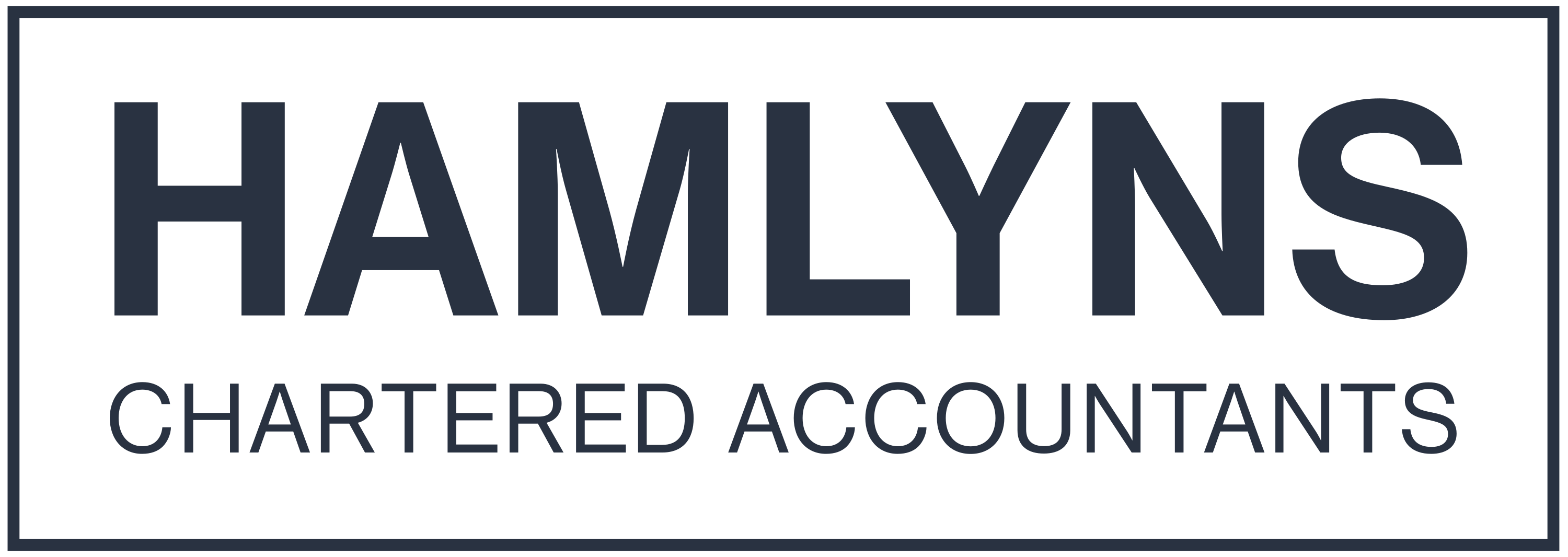What is Form R185 Used For?

Individuals and businesses often need professional assistance and advice when it comes to filing tax relief claims. One HMRC form that arises often in this context is Form R185, which provides a clear breakdown of income received and tax deductions for beneficiaries of trusts and executors of estates. This form is crucial for ensuring correct tax reporting and compliance, but is that exclusively what Form R185 is about?
There is more to uncover about HMRC Form R185, and the nuances of this form are vital for UK taxpayers to understand, particularly if they are due to receive income from trusts or estates. This short guide is here to address what exactly this form pertains to and when someone would need to complete it.
Form R185: An Overview
Form R185 is officially known as the “Statement of Income from Trust.”
The form details of income received by beneficiaries, from a trust or estate, during a particular tax year. The form is issued to a beneficiary often before the end of said tax year, to report income and provide details of the tax that has already been deducted, as well as the tax paid by the trust or estate on the individual’s behalf.
The purpose of Form R185 is, in essence, to help UK beneficiaries understand their exact tax position following the disbursement of funds via estates and trusts. This particular area can often be full of conflicting information, and it’s in everyone’s best interests to ensure that all income and tax return information is correctly reported.
Do You Pay Tax on Income Received from UK Trusts?
Income received from a UK-based trust is subject to income tax at the standard rate. Trustees and beneficiaries are responsible for paying tax due on the income they receive, with the tax payable amounts determined by each person’s individual income tax rate and circumstances, including whether they are eligible for tax credits or allowances.
Individuals should always denote details of any trust or estate income on their annual tax return, and to ensure the timely and correct payment to HMRC.
Understanding the tax rules of trusts and estates can sometimes be complex, particularly for complicated disbursements of funds involving multiple beneficiaries. This is why it might be prudent to consult professional tax advisory and accountancy services to ensure the correct amounts are paid and by whom.
When Would Form R185 Be Required?
Completing a Form R185 online or in-person is only required in specific circumstances.
If individuals or beneficiaries have received – or are due to receive – income from trusts or estates, then HMRC would require them to submit a Form R185 to avoid any tax complications or disparities.
It’s essential to dedicate enough time to completing a Form R185 to avoid incurring any HMRC fines, penalties, or inquiries into your tax returns. Incorrect, misleading, or incomplete information can warrant HMRC to conduct a thorough investigation, which, assuming everything is above board, is disruptive and time-consuming.
Therefore, the Chartered Accountants and tax advisors at Hamlyns would advise completing a Form R185 – through HMRC’s online Self-Assessment system – when prompted, and to avoid any complications from arising.
Completing Form R185
Form R185 incorporates the following sections that require completion:
- Personal details: Name, address, and National Insurance number of the beneficiary.
- Trust or estate details: Details of the trust, including the date of inception.
- Income details: The total amount of income received during the relevant tax year, including interest, dividends, and other investment income.
- Tax paid: The amount of tax that has been paid on income received, including tax deductions at source or that the beneficiary is liable for.
- Tax credit(s): Details of eligible tax credits the beneficiary is entitled to.
Filling out Form R185 requires you to assess various types of income and tax deductions carefully. You may need to provide additional information or explanations about entries made in the form, to clarify unique or complicated income distributions. It will likely require you to break down specific types of income, including foreign income and stock dividends (if applicable), and silo specific residential property settlements.
Therefore, to ensure you’re covered, it’s wise to seek the help of a professional tax advisor with proven experience and accreditation to handle complex income distributions.
How a Tax Accountant Can Help with Form R185
Dealing with complex HMRC tax forms like R185 can be made immeasurably easier with the help of a chartered tax accountant. Our tax specialists possess a broad knowledge of UK tax laws and regulations, including recent government changes, and we can help you understand specific components of Form 185 and explain your overall tax situation in a way that’s easy for you to understand.
We know fully well that trusts and estates can have complex structures that may make determining income types and calculating correct deductions difficult. We can proactively and transparently help you categorise and report all information correctly, ensuring you are maximising your tax relief and income from trusts. Beyond filling out forms, we can offer robust strategic tax planning services to help beneficiaries and trustees optimise their tax positions and plan finances with complete confidence.
Reach out to our team today to receive well-rounded tax support and advice that you can rely on.





